




What comes to mind when you think of dating and relationships?
For many people, the answer might be idealized images of romance and connection. The truth is that dating comes with many rules that can be intimidating for people who are neurodiverse. In this essay, we’ll share strategies and insights for neurodiverse people on navigating the dating process.
Photo Gallery Project: Creative Spirit uses AI-driven photo imaging technology to better represent neurodiverse people with disabilities in digital media. This is an ongoing project that we are excited to soft launch here on our blog. As the saying goes, art imitates life. We hope this project creates ripple effects supporting our mission to ensure employment for 1 million neurodiverse candidates by 2030.
Communication is key.
Neurodiverse daters can overcome communication challenges with the right mindset, strategies, and willingness to learn and compromise. In the words of Dr. Laura Kerwin, a specialist in teen and adult autism, “Navigating a neurodiverse relationship can be both rewarding and challenging, as partners may need to adapt their communication styles, expectations, and support systems to accommodate each other’s unique needs.” Kerwin recommends active listening, validating your partner’s feelings, and being clear and explicit in communication. She also suggests avoiding assumptions, recognizing non-verbal cues, and establishing regular check-ins to discuss challenges and successes in the relationship. In a blog post, ProspectTherapy.com emphasizes the importance of timing and pre-planning conversations with a neurodivergent partner. The essay also recommends establishing clear reasoning and context for the conversation, as well as clear and direct information.
Therapist Yolanda Renteria suggests that neurodiverse daters recognize “your own sensitivities to light, sound, touch, smell, taste, and sense so you can communicate them to your partner.” Renteria identifies 4 of the most common sources of conflict in neurodiverse relationships. These are 1); misreading and jumping to conclusions; 2) feeling misunderstood; 3) defensiveness or perceived defensiveness; and 4) difficulty in overlooking differences. “If you feel misunderstood or have difficulty understanding your partner,” Renteria suggests, “practice taking some time away from the interaction. Discuss ahead of time the purpose of time-outs and how you plan to use them to explore different possibilities of what could have happened.” In an essay on neurodivergent dating, sex and relationship psychotherapist Tiga-Rose Nercessian points out that having set phrases can make communication between neurodivergent partners (or a neurotypical and neurodivergent partner) much easier. “A classic and one I teach all the time is: I feel…..when you…..and I would prefer…..” Nercessian writes. “For example, I feel overwhelmed when you ask me a bunch of questions all at the same time. I would prefer you to ask me one question at a time.”
Allowing people who are neurodiverse to speak and advocate for themselves is extremely important. One of those neurodiverse self-advocates is Sophie Longley, a psychology post-graduate student with autism. In an essay for Autism Thoughts.com, Longley shares some of her own experiences navigating the dating world as a neurodivergent person. In particular, Longley focuses on the dilemma of whether or not to disclose one’s diagnosis, or to “mask” autistic traits initially and reveal the diagnosis later on. Longley writes that neither approach has worked for her, and that this conflict can negatively impact self-esteem and heighten anxiety in daters with autism. Rather than pressuring people with autism to date exactly like neurotypical people, Longley suggests “teaching them to value their needs, implement strong boundaries, identify what could potentially be dangerous situations and get a better handle on potential outcomes of…coming out as autistic to someone you are dating.” She also notes the benefits of online dating for people on the autism spectrum in allowing them to process communications at their own pace, share information upfront, and avoid sensory triggering environments.
Dr. Ley David Elliette Cray, GSRD Content Specialist at the Sexual Health Alliance and founder of Transentience Coaching and a neurodiverse individual with autism and ADHD, has also weighed in, outlining 5 tips for neurodiverse dating in an essay for SexualHealthAlliance.com. These are talking with your neurodivergent partner about their needs and triggers; holding yourself and your partner accountable in not using neurodiversity as a get-out-of-jail free card; being honest with yourself and your partner about whether you can handle “non-normative” neurotypes during times of conflict or stress; and being authentic about neurodiverse support, rather than doing it simply to land a date.
Along with effective communication, it’s important to take stock of one’s needs, comfortability level, and boundaries in dating as a neurodiverse person. This involves considering what your ideal relationship might look like, and whether you’re dating casually or looking for a more serious life partner. “The beauty of neurodiversity is it can allow you to look at relationships in a unique way, outside of traditional systems,” Dame.com writes. “Labels should adapt to fit your needs, not the other way around.
Developing a Neurodiverse support system.
It’s also incredibly important not to put your mental health on the back burner while pursuing partners.” The article also recommends developing a support system of other neurodivergent people to discuss your dating experiences and who can help you navigate the dating process, and emphasizes the importance of not feeling compelled to rush a relationship. The essay points out that “neurodiversity doesn’t take away your autonomy. You are in control of your side of the relationship. You can slow down or speed up whenever it feels right to both you and your partner.” In short, comfortability, healthy boundaries, and feeling in control of your side of the relationship are all crucial elements in dating, both for people who are neurodiverse and neurotypical.
In a post on the blog “Love and Marriage”, writer Shamus Hart shares insights from his own dating experience as a neurodivergent person. “Give yourself the space you need,” Hart writes. “Recharge and de-sensitize is pivotal for ASD and functioning. Allowing time to process and gather your thoughts also aids in being socially effective. So, give yourself a vacation every day, no matter how small.” Hart concurs with Dame.com’s suggestion to use your support network and seek advice and validation from people you trust; learn your boundaries and not feel afraid to say “no”; and learn your attachment style, which explains how you connect to others in relationships, and how they connect to you.
For daters on the autism spectrum, Hart recommends texting often, as it eliminates many communication barriers; dressing in a way that caters to your sensory needs; and turning your special interest into an elevator pitch, i.e., sharing your passion or passions in an exciting and engaging way. “The hard work you put into yourself attracts better people into your life who have more to offer,” Hart writes. “You will also become far better at supporting yourself and the right person.” Hart also stresses the importance of working on yourself and developing practical skills, like learning to cook, working out, etc., in order to attract the right person, and to attract better people into your life. As Hart explains, this hard work might seem more demanding, but will pay greater rewards in the long-run in finding and developing more meaningful relationships.
Dating “Magic Formula” is a Myth
Ultimately, there is no “magic formula” for perfect or instant success in dating, regardless of your experience level or whether you’re neurotypical or neurodiverse. Building a meaningful relationship takes time, patience, and commitment. As we’ve shown, however, there are numerous practical steps and strategies that you can take to achieve lasting success in dating and relationships. In summary, these strategies include developing stronger, more effective communication skills; being an active and attentive listener; establishing healthy boundaries and being aware of your personal comfort level; developing a neurodiverse support network; working to develop clear communication skills; and not being afraid to take time and desensitize.
If dating while neurodiverse sometimes feels like a lonely or isolating experience, that may be changing due to improving representation and awareness. In recent years, series like Netflix’s “Love on the Spectrum” and the U.K.-based series “The Undateables” have brought the dating lives of people with autism and Down Syndrome to a wider audience, featuring diversity in the participants’ gender and sexual orientation as well. These series have huge educational value in spotlighting the lived experiences of neurodiverse individuals, developing empathy and understanding in neurotypical viewers who might be unaware of those experiences, and improving neurodiverse representation overall. Above all, these shows and others represent the importance of hearing from neurodiverse people in their own words and voices. Most importantly, your own voice as a neurodiverse person navigating the dating world is one that absolutely matters, and the neurodiverse community is here for you. We hope the strategies and advice in this essay have helped boost your confidence and let you know that success in dating can definitely be achieved.
Written By: Menachem Rephun, Communications Manager and Self Advocate
Art Generated By: Joanna McElnea, Community Manager and Self Advocate
Resources
- Employers learn more about our services here: https://www.creativespirit-us.org/employers/
- Candidates register here: https://www.creativespirit-us.org/candidates/
Sources:
- https://drkerwin.com/blog/navigating-neurodiversity-in-relationships
- https://www.prospecttherapy.com/blog/2022/11/30/5-ways-to-improve-communication-with-your-neurodivergent-partner
- https://www.gottman.com/blog/two-different-brains-in-love-conflict-resolution-in-neurodiverse-relationships/
- https://intimata.com/neurodivergent-dating/
- https://www.autistic-thoughts.com/navigating-love-on-the-spectrum-autistic-dating-experiences/
- https://sexualhealthalliance.com/nymphomedia-blog/a-few-tips-for-dating-neurodivergent-persons
- https://dame.com/blogs/relationships/tips-for-neurodiverse-dating
- https://medium.com/love-and-marriage/the-critical-difference-between-neurodiverse-and-neurotypical-dating-81f14d6e011e



